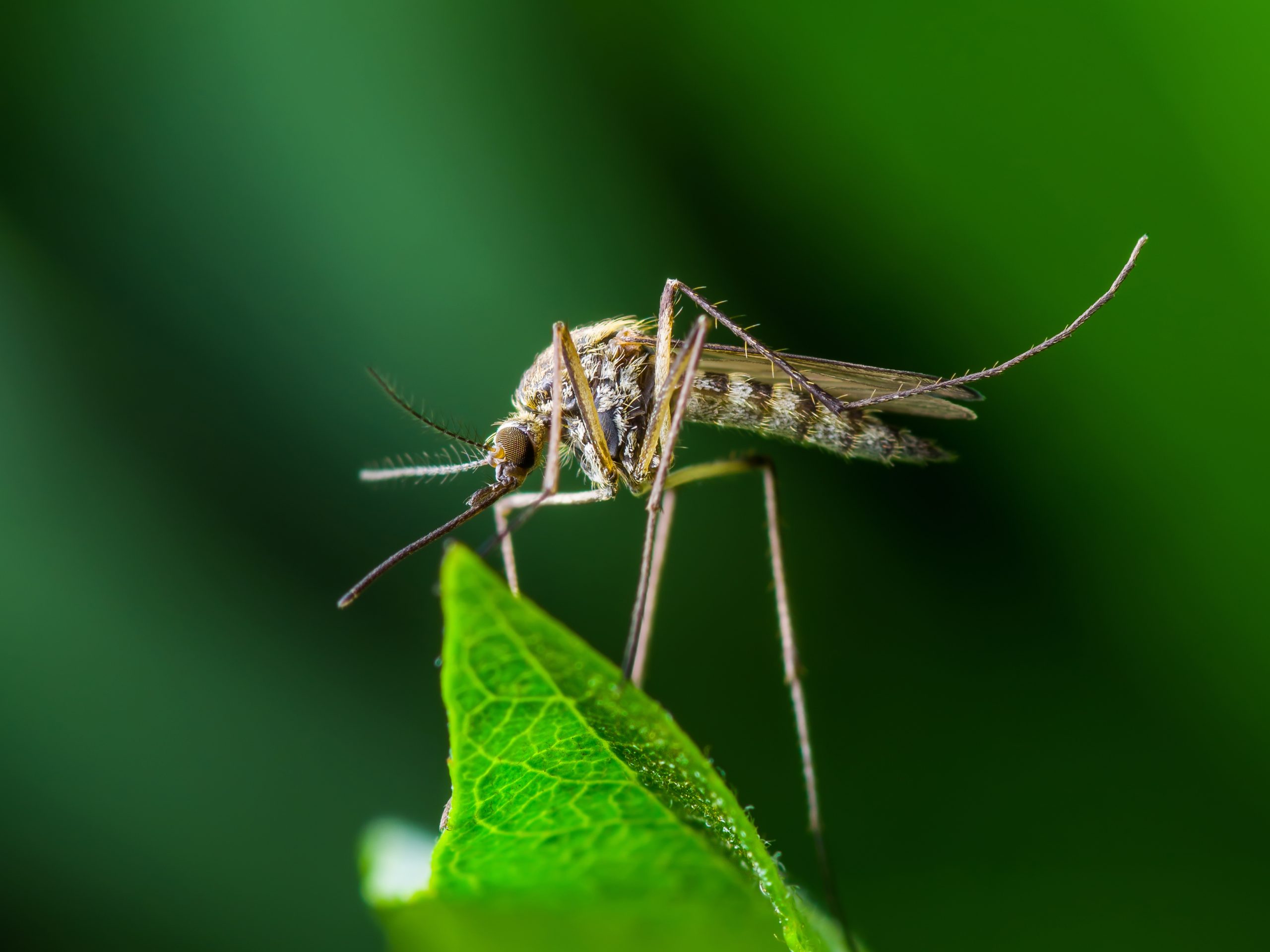
25 Apr Interdisciplinary research aims to prevent forest malaria in South East Asia
Over the last 20 years, malaria cases have declined across South East Asia. The disease, however, remains a serious issue for people who visit forests in the region.
Christopher Pell, a social scientist based at AIGHD, collaborates with researchers from the Mahidol-Oxford Tropical Medicine Research Unit (MORU) who are working in Cambodia, Laos, and Thailand to understand forest activities and to evaluate a novel way of preventing malaria.
As Dr. Pell explains, “conventional ways of preventing malaria – sleeping in insecticide-treated bednets or spraying insecticides inside the places where people sleep – are less effective when people visit forests. They are often outside at night, working or sleeping; it is very hot and humid so nets and long clothes are uncomfortable, and malaria-carrying mosquitoes bite in daytime hours”
Giving antimalarials to people before they get infected – as prophylaxis – is one alternative strategy to prevent malaria among forest goers. Commonly used by travellers when they visit high-risk areas, researchers from MORU have recently studied this approach for forest goers in northern Cambodia. Beyond evaluating whether this approach works under research conditions, questions remain about whether prophylaxis can be rolled out as part of malaria prevention and control in the region.
Dr. Pell has been helping to understand whether this is a feasible approach: will forest goers take malaria drugs for prevention as directed? How might prophylaxis influence the other ways that they protect themselves from malaria? Which health staff would administer the medicines as part of the malaria prevention and control programme? The team have interviewed forest goers and health staff involved in the prophylaxis study in Cambodia, and also in Thailand and Laos to identify potential opportunities and barriers to scaling up this approach.
The research builds on two literature reviews – of social science research on malaria interventions that target forest goers, and of end-user perspectives on the preventive administration of antimalarials – and a preliminary study of forest going activities and malaria prevention and treatment in Cambodia.
The preliminary findings highlight how forest goers are concerned about malaria and confirms that they experience challenges when protecting themselves. Initial analysis also indicates that – under study circumstances – forest goers generally took the antimalarials that were provided for prevention. The research team has been communicating with policymakers across the region and looks forward to using the more detailed analysis to inform the design of this approach, if implemented.
World Malaria Day
World Malaria Day takes place on April 25 and focuses on the theme “Zero Malaria – Draw the Line Against Malaria.” It is an important opportunity to raise awareness and empower communities to take urgent ownership of malaria prevention and care. World Malaria Day is an internationally recognized day that highlights the global efforts to control malaria and celebrates the gains that have been made.
Despite the challenges posed by the COVID-19 pandemic, a number of countries reported zero indigenous malaria cases in 2020, while others made impressive progress in their journey to becoming malaria-free. In the 6 countries of the Greater Mekong subregion, the reported number of malaria cases fell by 97% between 2000 and 2020. Malaria deaths were reduced by more than 99% in the same period of time.
However, half of the world still lives at risk from this preventable and treatable disease. Therefore, the continued research, implementation, and care are necessary to eradicate this disease. For more information on World Malaria Day, visit the WHO’s World Malaria Day campaign.
